Ousted Bangladeshi Prime Minister Sheikh Hasina, currently residing in New Delhi, has broken her silence to declare she has no intention of returning home while her political party remains barred from contesting next year’s national election.
The 78-year-old former leader, who fled Bangladesh in August 2024 following a deadly, student-led uprising that ended her 15-year rule, delivered her critique via an emailed response to Reuters—her first public media engagement since her dramatic fall from power.
Hasina called the move to exclude her party, the Awami League, “unjust” and warned that it jeopardises the legitimacy of the entire political system.
Will the ban on Awami League undermine the upcoming election’s legitimacy?
Hasina firmly stated that she would remain in exile in India until a legitimate government is established in Dhaka.
The interim administration, headed by Nobel Peace Laureate Muhammad Yunus, has pledged to hold national elections next February. However, the Election Commission suspended the Awami League’s registration in May, citing national security threats and pending war crimes investigations against senior leaders.
The former Prime Minister, whose party had won four consecutive terms, warned that millions of her party’s supporters would likely boycott the vote. “The next government must have electoral legitimacy,” Hasina wrote, arguing that disenfranchising the Awami League’s massive voter base is “self-defeating” and will lead to a political system that “works.”
She maintained a hope that “common sense will prevail” and her party will be permitted to contest the polls, though she did not confirm any back-channel talks with the current Bangladeshi authorities.
Impact Shorts
More ShortsDenying war crimes and ‘kangaroo courts’
Hasina herself faces severe legal scrutiny, including charges of crimes against humanity before a domestic court related to the mid-2024 student protest crackdown.
The violence was substantial, with a United Nations report suggesting up to 1,400 people may have been killed, mostly from security force gunfire. Plus, prosecutors allege she oversaw enforced disappearances and the torture of opposition activists. A verdict in her case is expected on November 13.
The former Prime Minister categorically denied all accusations, dismissing the proceedings as a “politically motivated charade” carried out by “kangaroo courts” where a guilty verdict is a “foregone conclusion.”
She denied any personal involvement in the alleged use of lethal force or other crimes, asserting she was denied a meaningful opportunity to defend herself.
Despite the political and legal turbulence, Hasina expressed a cautious, personal desire to eventually return to her home country. Having acknowledged her family’s tragic history—her father and three brothers were assassinated in a 1975 military coup—she said she lives “freely” in Delhi but remains vigilant.
“I would of course love to go home,” she said, specifying a clear prerequisite: “so long as the government there was legitimate, the constitution was being upheld, and law and order genuinely prevailed.” She concluded that the future of Bangladesh requires a return to constitutional rule and political stability, adding that the country’s destiny “is really not about me or my family.”


)
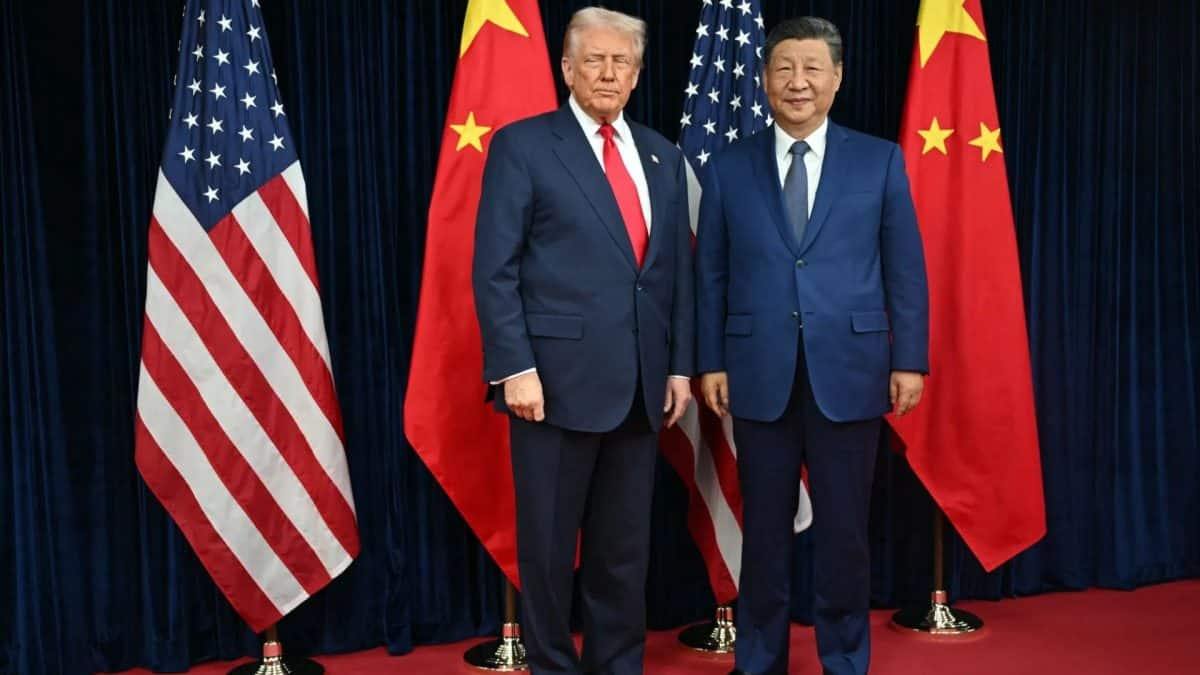
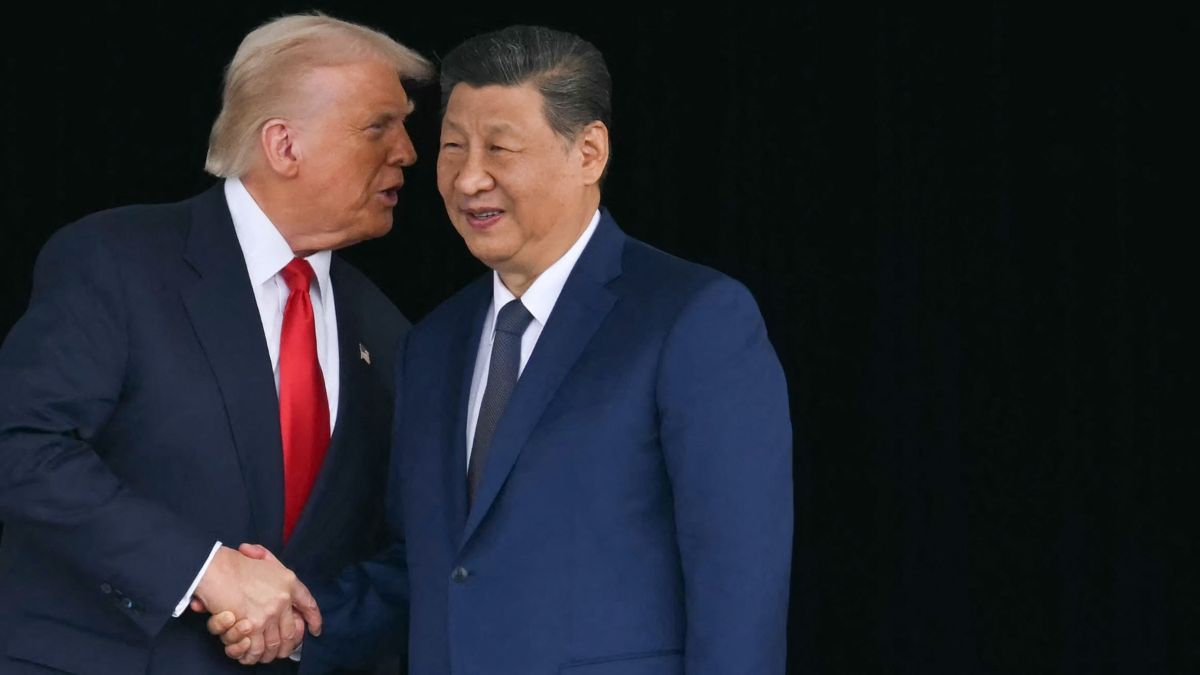)
)
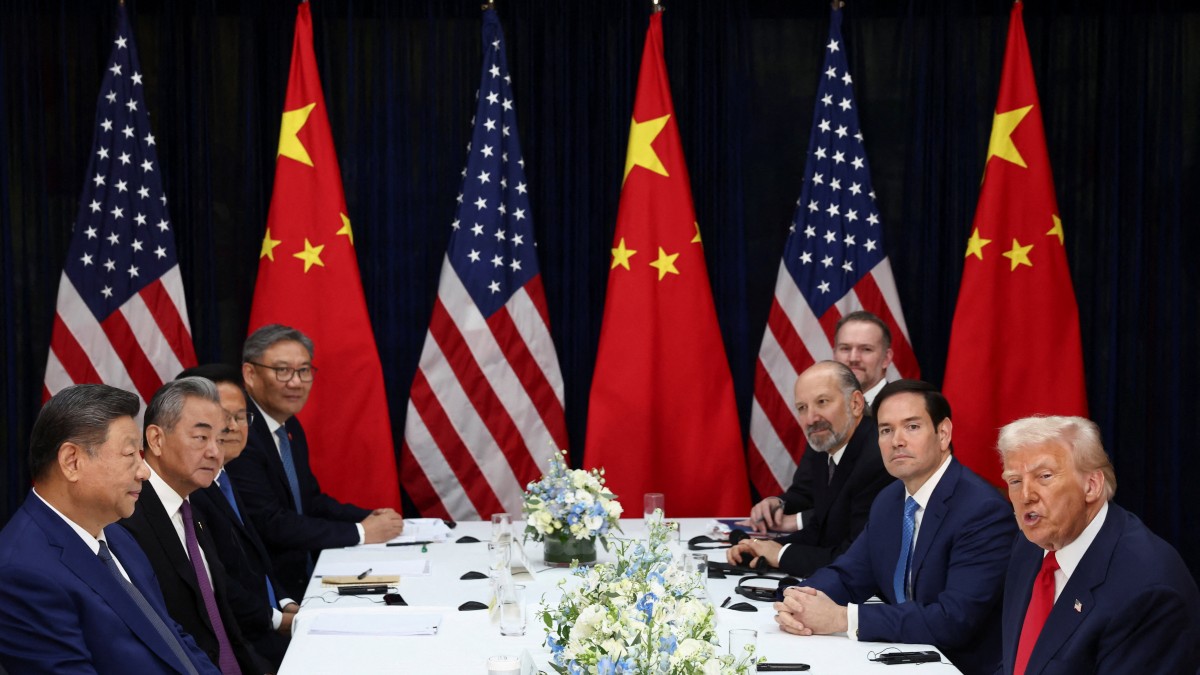)
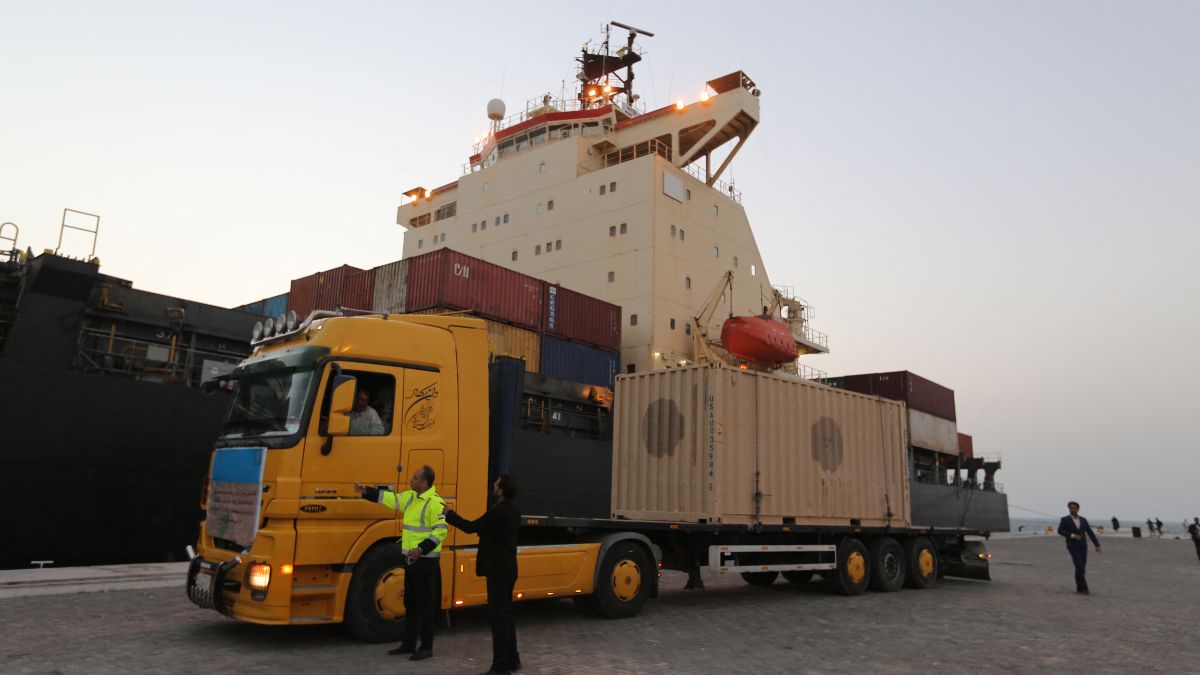)
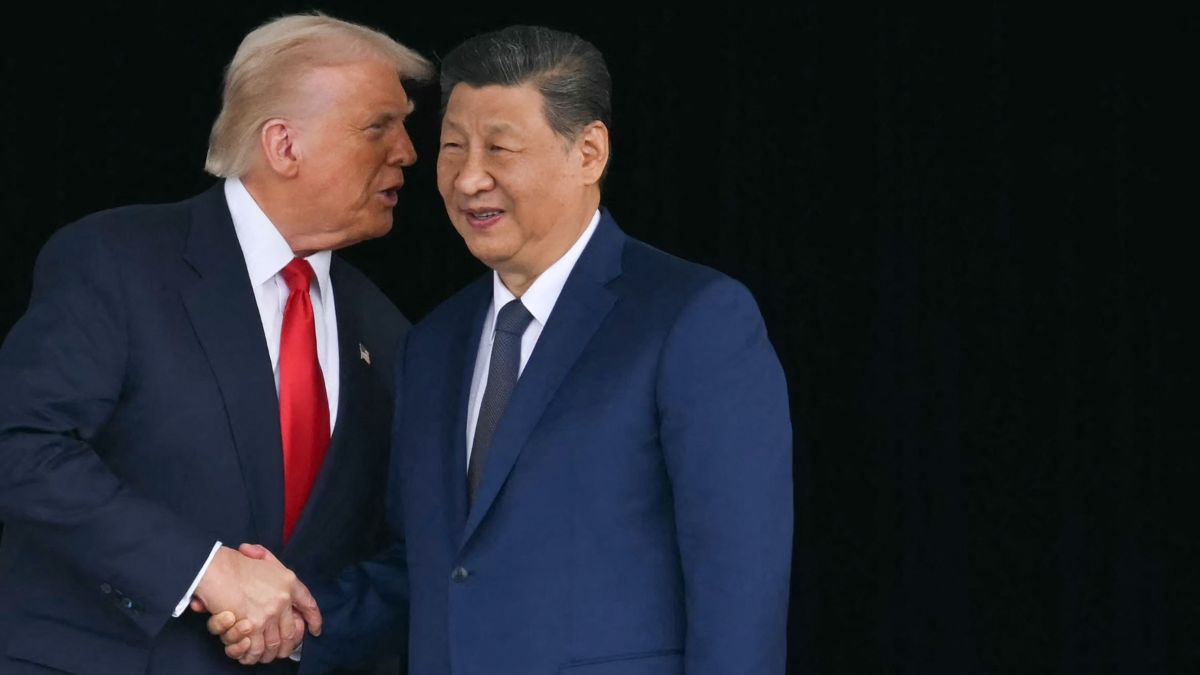)
)
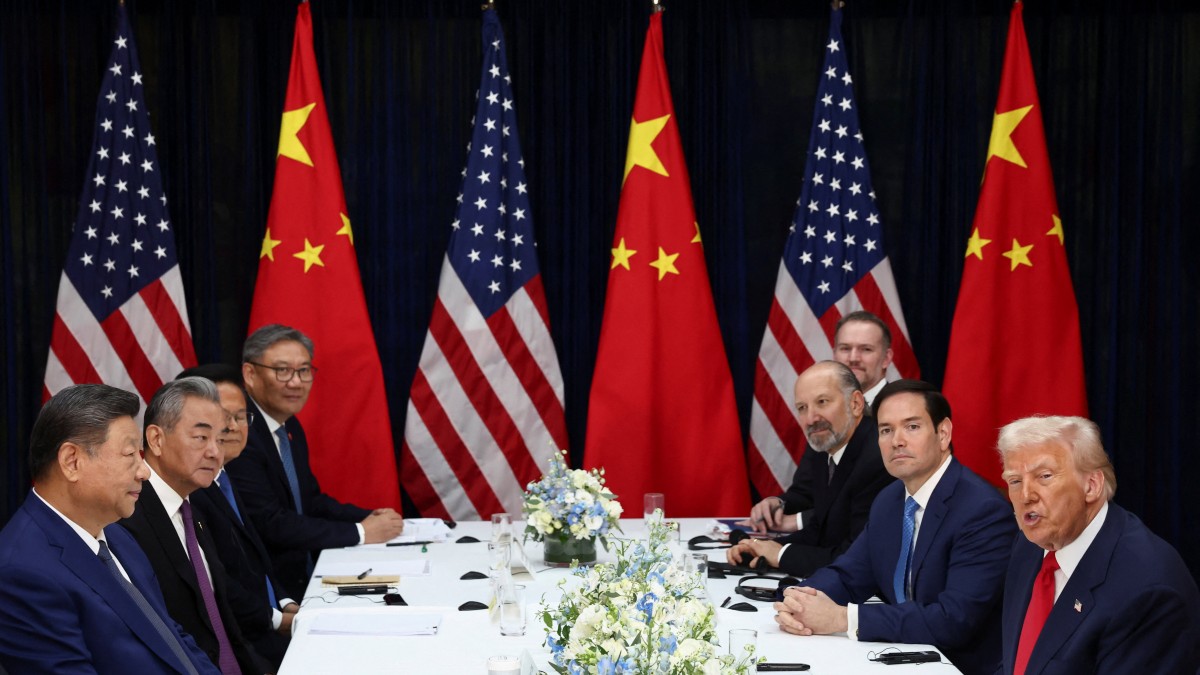)
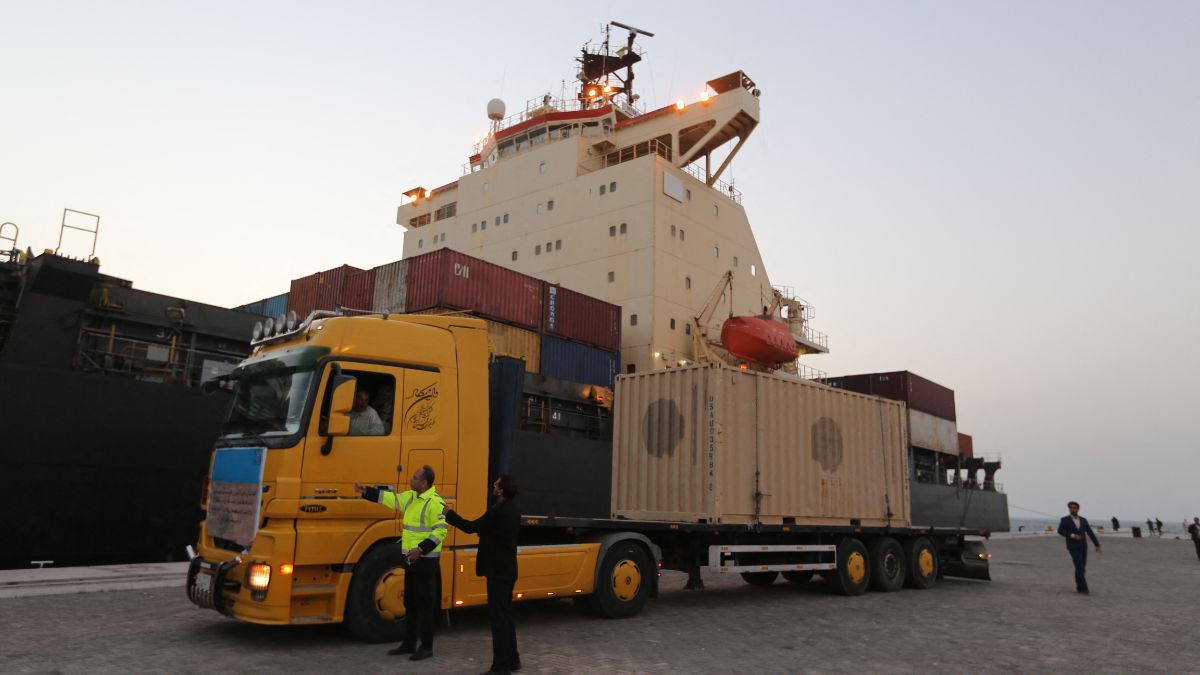)



